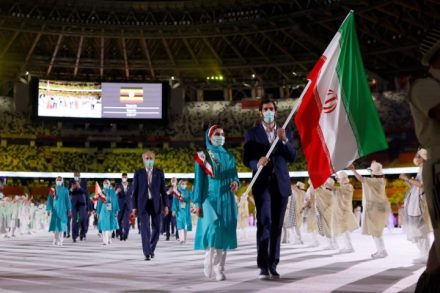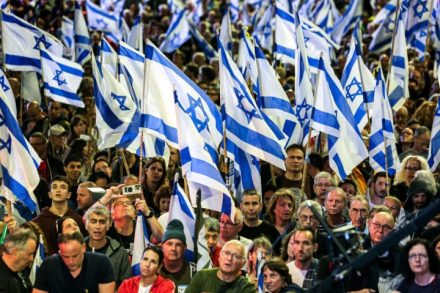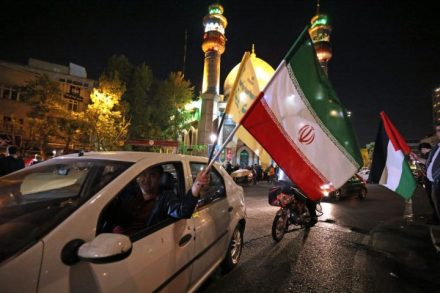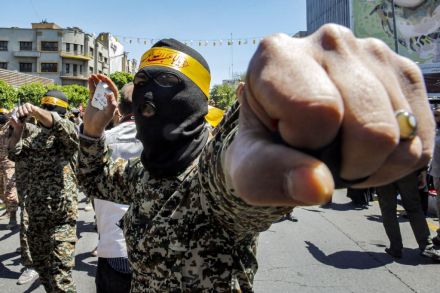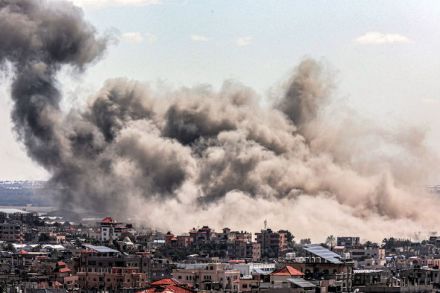Ebrahim Raisi’s death won’t change the course of history
The Middle East never fails to surprise. Sunday was no exception. Iranian president Ebrahim Raisi, foreign minister Hossein Amir-Abdollahian, and several other senior Iranian politicians were killed in a helicopter crash in East Azerbaijan. One cannot help but wonder at the extraordinary misfortune not only of crashing, but of doing so in a foggy, rainy, muddy area that took rescue workers 15 hours to reach. Despite the profile of the accident’s victims, however, this is probably not an accident that changes the course of history. The Iranian presidency has become increasingly irrelevant in an increasingly-Soviet system. That trend is set to continue. The president is something of an afterthought To








